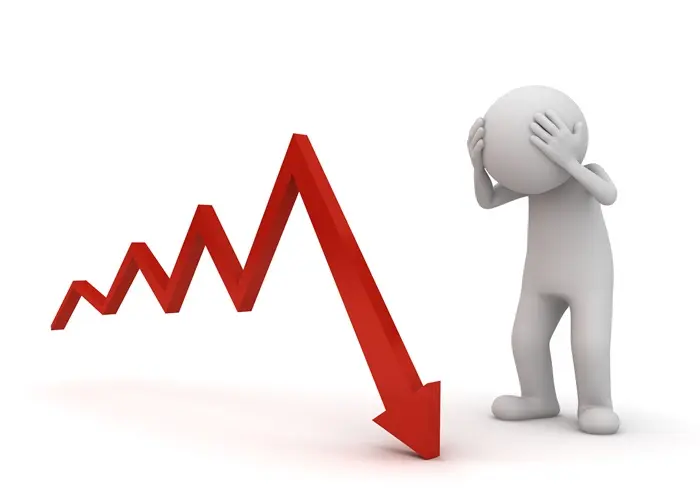Stocks struggled to maintain momentum on Thursday as investors paused following a strong rally the previous day. While equities saw some losses, bond yields dropped due to dovish comments from Federal Reserve Governor Christopher Waller. His remarks raised expectations of potential rate cuts in the first half of 2025, which sent Treasury prices higher.
Wall Street also focused on statements from Treasury Secretary nominee Scott Bessent, who warned that the U.S. could face an economic crisis if the 2017 Republican tax cuts are not extended. Despite strong earnings reports from Morgan Stanley and Bank of America, the overall market was dragged down by losses in major technology stocks.
“Investors are hitting the pause button following yesterday’s momentous rally,” said Jose Torres at Interactive Brokers.
Fed’s Waller Remarks and Market Reactions
Waller told CNBC that the Federal Reserve could consider lowering interest rates if inflation data remains favorable. He did not rule out a potential rate cut in March 2025, fueling speculation that further easing could be on the table. As a result, Treasuries saw gains, with the 10-year Treasury yield dropping by four basis points to 4.61%. Meanwhile, the dollar hovered near two-year highs, with the Bloomberg Dollar Spot Index rising by 0.1%.
Mixed Data and Market Performance
The S&P 500 closed 0.2% lower, while the Nasdaq 100 lost 0.7%, and the Dow Jones Industrial Average slid 0.2%. A broader measure of the market’s biggest technology stocks, referred to as the “Magnificent Seven,” fell by 1.9%. The Russell 2000, however, edged up by 0.2%. The KBW Bank Index saw a modest decline of 0.2%.
Sentiment Indicators and Market Outlook
Despite the market’s lackluster performance, some traders pointed to a recent sentiment survey from the American Association of Individual Investors (AAII) as a potential buy signal. Bullish sentiment dropped to 25.4%, signaling unusually low optimism among investors. This is below the historical average of 37.5%, which AAII highlighted as a contrarian indicator.
“We consider sentiment indicators at the extremes as fairly reliable contrarian indicators,” said Larry Tentarelli at Blue Chip Daily Trend Report. “Investors tend to be most bullish at market highs and most bearish near market lows.”
Bank of America also raised the possibility of another year of strong stock market gains, despite high valuations and ongoing risks. Following a 24% surge in 2023 and a 23% rise in 2024, the S&P 500 faces significant hurdles in sustaining such performance. Factors like market concentration and policy uncertainty remain key risks, according to BofA strategists.
Economic Data and Corporate Earnings
Economic data released on Thursday was mixed. U.S. homebuilders expressed less optimism about sales prospects, while retail sales figures indicated strong consumer activity during the holiday season. This suggests that, despite some concerns, the U.S. economy remains resilient.
“In the coming weeks, the fourth-quarter earnings season will provide investors with an opportunity to shift some attention from macro to micro data,” said David Lefkowitz at UBS Global Wealth Management. “We continue to have an attractive view on U.S. equities.”
However, Helen Jewell at BlackRock cautioned that a solid earnings season may not lead to a sustained market rally. Jewell expressed concern over the fragility of the stock outlook, given ongoing worries about economic growth and inflation. She noted that although earnings could perform well, how the market reacts to earnings beats and misses will be critical, particularly with high valuations in U.S. stocks.
Tech Stocks and Hedge Fund Activity
Investors have significantly increased their exposure to large-cap technology stocks, particularly as earnings season nears. According to Deutsche Bank, discretionary investors have raised their stakes in growth and tech stocks to their highest level since July. Hedge funds, after months of selling in 2024, are returning to these stocks, reflecting renewed interest in the sector.
Conclusion
The market saw a pause in its rally on Thursday, influenced by Waller’s comments on potential interest rate cuts, mixed economic data, and concerns over the U.S. economic outlook. Despite this, some indicators suggest that investors may be positioning themselves for a potential rebound, especially in tech stocks. The ongoing earnings season and investor sentiment will be key factors in shaping the market’s direction in the coming weeks.
Related topics:



























